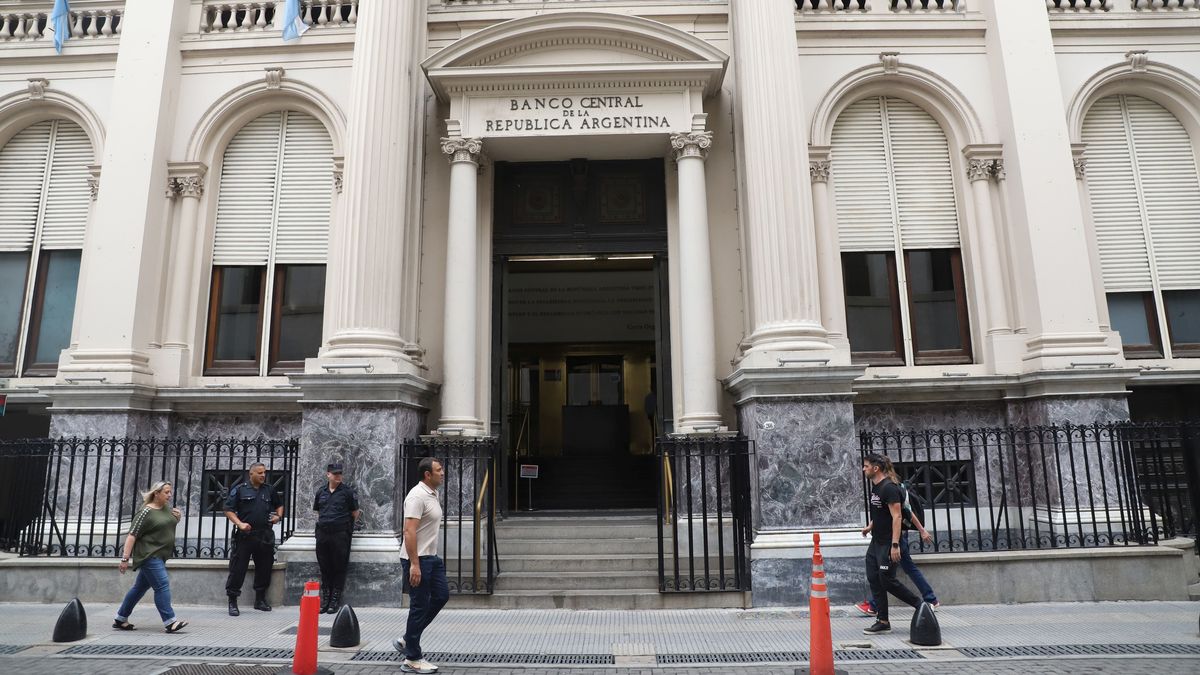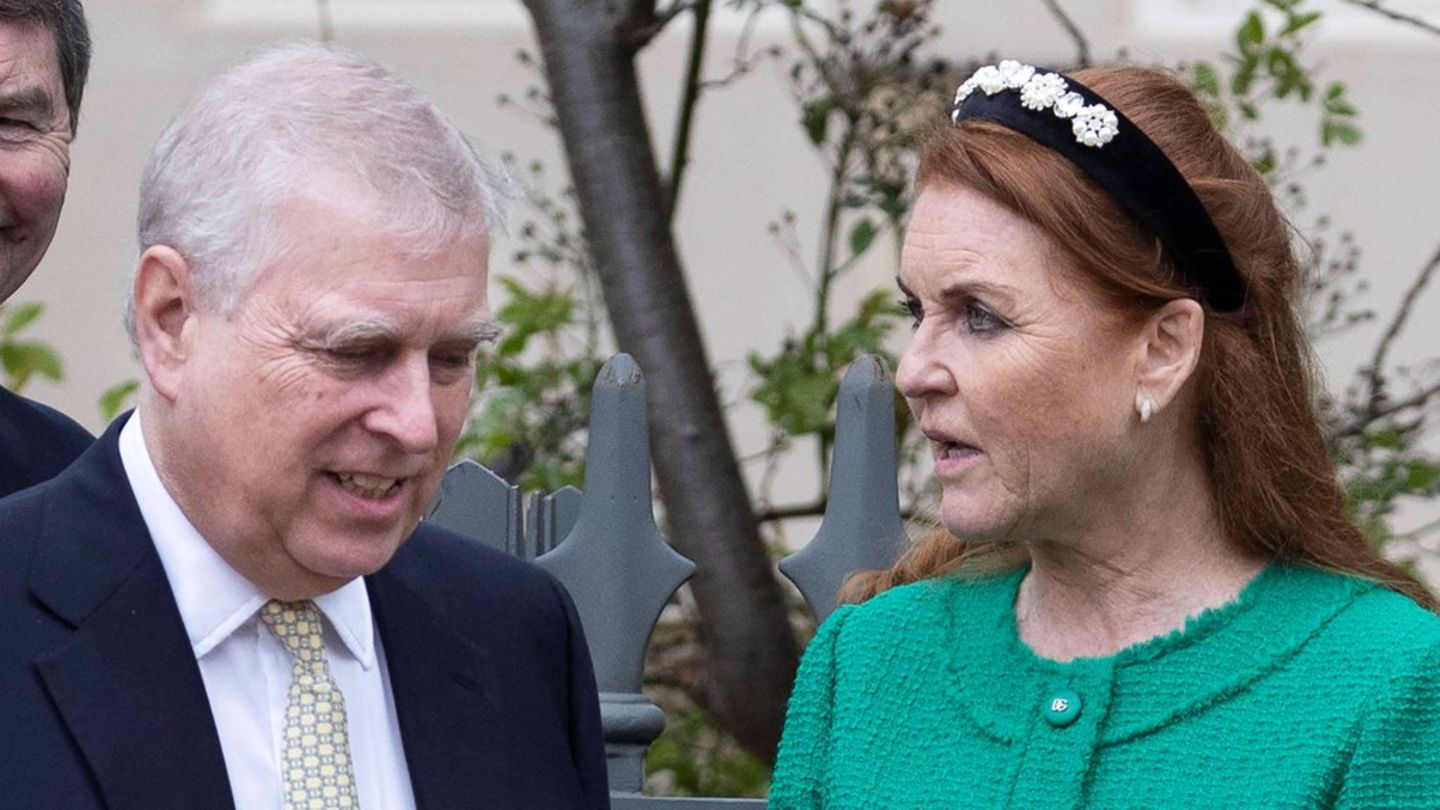“During the week the loss of reserves (from the BCRA) accelerated, with sales of 262 million dollars and February points to a loss close to 1,000 million if the trend continues, which complicates the achievement of the net reserves target by the end of March. Faced with this, the government could resort to contracting a REPO loan to strengthen the reserves,” estimated Delphos Investment.
Although he pointed out that “however, the exchange balance would close with a fall in gross reserves of 4,000 million dollars this year in our base scenario, with increasing difficulties in the second semester.”
“The BCRA continues with a negative balance in the exchange market”, recalled Roberto Geretto, from Fundcorp, and estimated that “in order to cross the desert until the gross harvest is liquidated, imports will most likely suffer the adjustment, affecting the level of activity and prices.”
electoral moment
“Electoral expectations and political noises could further complicate in this transition stage the management of the multiple economic challenges, beyond which traders could continue myopic to the ‘fundamentals’ by only aiming to anticipate the political scenarios before the elections “said Gustavo Ber, an economist at Estudio Ber.
“A first symptom on the street would point to a worsening of the inflationary process, given the recovery of beef, political doubts, the beginning of exchange rate overheating and the resulting expectationssaid VatNet Financial Research.
“The money supply is contained for the most liquid pesos, although the account of remunerated liabilities of the Treasury and the BCRA is swelling. Therefore, we estimate a process of stagflation,” he said.
“Thinking about what’s to come, still It cannot be ruled out that February will bring us a Leliq rate increase (BCRA reference rate), given a more than challenging scenario. The high-frequency surveys indicate that inflation would have accelerated to 6% in January from 5.1% in December and 4.9% in November, which would overheat inflation expectations and could push the monetary authority to review its decision.” , estimated Portfolio Personal Inversiones.
dollar-bills.jpg
“Given higher levels of inflation, the BCRA could be forced to raise its reference rate to meet another of the objectives of the agreement with the IMF, which is the trend towards a positive real interest rate,” PwC Argentina pointed out.
“This increase affects the real economy on the one hand, making credit more expensive for the private sector; while on the monetary side it increases the interests of the remunerated liabilities of the monetary authority,” he explained.
“If we look at the amounts (of exports), it denotes a clear flat trend, that is, Argentina has been exporting the same amount for almost 20 years,” estimated financial analyst Salvador Vitelli, noting that “The problem with this is that the only thing that drives more dollars in exports today are prices, depending 100% on the external sector.”
Source: Ambito
I am a 24-year-old writer and journalist who has been working in the news industry for the past two years. I write primarily about market news, so if you’re looking for insights into what’s going on in the stock market or economic indicators, you’ve come to the right place. I also dabble in writing articles on lifestyle trends and pop culture news.




